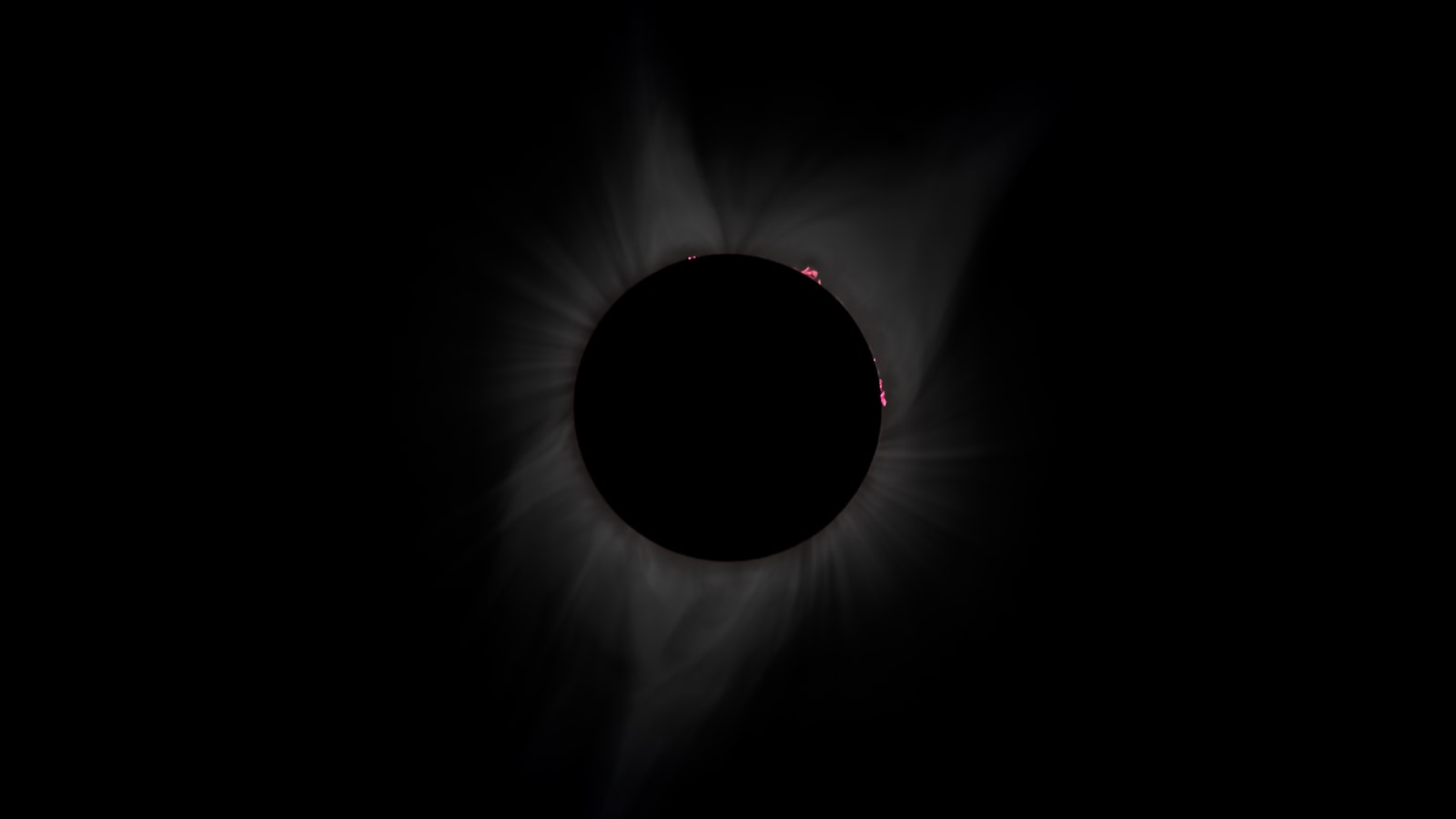
As they say, "an ounce of prevention is worth a pound of cure." This couldn't be more accurate when it comes to protecting your eyes during a solar eclipse. When the celestial dance begins and the moon pirouettes across the sun, viewing a solar eclipse without proper protection can cause serious eye damage. This comprehensive guide will lead you through the maze of safe solar gazing and how to find solar eclipse glasses near you, ensuring that your experience is both astonishing and secure.
The Marvel of Eclipses: A Celestial Spectacle

Let's first marvel at what an eclipse brings to the stage of the sky. Imagine a day when the curtain of the cosmos is pulled, revealing an act so grand that it changes your perception of the great beyond. A solar eclipse is indeed a prodigious occurrence—a ballet of the heavenly bodies, exceptional enough that viewers are willing to travel great distances to witness it. Yet, like any awe-inspiring act of nature, it demands respect and caution. Enter the vital component—solar eclipse glasses.
Eye Safety Under the Eclipsed Sun: Why Special Glasses?

The sun, even when mostly obscured, emits strong ultraviolet (UV) rays. Staring directly at the sun without appropriate protection can lead to "eclipse blindness," or retinal burns, which can cause permanent eye damage or even loss of vision. Hence, solar eclipse glasses aren't just a neat accessory—they are a vital protective tool engineered to allow you to look directly at the sun as it hides behind the moon.
Look for the Mark of Safety: ISO 12312-2:2015(E)
When scouring the market for solar eclipse glasses, you'll want to ensure they are up to the task. Look for the ISO 12312-2:2015(E) certification—the international safety standard for these products. Recognized by the American Astronomical Society's Solar Eclipse Task Force, this standard means the glasses have undergone rigorous testing to filter out a significant amount of sunlight, providing a much safer viewing experience.
Don’t Just Search, Be Informed: The Eclipse Timer

Before you start your quest for glasses, it's prudent to know when you'll actually need them. To stay informed about upcoming solar eclipses in your area, including the precise time and date, make use of invaluable tools like eclipse-timer.com. This resource will not only help you mark your calendar but also ensure you’re prepared well in advance for the sky's big day.
Recognized Sources: Where to Find Your Solar Shields

There’s a rich tapestry of outlets where you might discover your pair of solar spectacles. Here are some recognized sources to begin your search:
- Astronomical Societies or Local Astronomy Clubs: These establishments often stock eclipse glasses or can provide guidance on reputable vendors.
- Museum or Science Center Shops: Many of these cultural havens carry ISO-certified glasses, often in anticipation of upcoming eclipses.
- Retail Stores and Pharmacies: Some big-name retailers might carry the glasses—especially as the date of an eclipse draws near. Always check the safety certification!
- Online Marketplaces: Websites like Amazon or eBay can have a variety of options, but buyer beware—verify the seller's reputation and the glasses' certifications.
Additionally, for those who want to marry convenience with assurance, AbsoluteEclipse.com stands out as a beacon of reliability. Recommended by the American Astronomical Society's Solar Eclipse Task Force, they offer ISO 12312-2:2015(E) compliant glasses, so you can gaze with peace of mind knowing your sight is safeguarded.
Gearing Up for the Grand Show: The 2024 Eclipse and Beyond
As a spectacle that's worth preparing for looms on the horizon, it’s a prime time to procure your protective eyewear. The total solar eclipse on April 8, 2024, will cast its shadow across North America. For the complete breakdown of its pathway and what you can expect, the details from NASA are both intriguing and indispensable (NASA - Eclipse 2024).
Q&A: Addressing Common Queries
Are solar eclipse glasses reusable? Yes, if they are not damaged and you keep them in a dark, dry place, they should be reusable for future eclipses.
Can one use regular sunglasses instead of eclipse glasses? No! Regular sunglasses, even very dark ones, are not safe for looking at the sun during an eclipse.
Your Part in the Cosmic Dance: Steps to a Momentous Viewing
A stellar experience awaits those who prepare well. Here’s a quick checklist for your solar eclipse adventure:
- Mark the Date: Use eclipse-timer.com to know exactly when the eclipse will occur.
- Secure Your Solar Glasses: Visit AbsoluteEclipse.com for quality, safe, and certified viewing gear.
- Learn to Use the Glasses: Follow instructions for safe usage—never wear them while walking or driving.
- Plan Your Viewing Spot: Consider traveling to a location where the eclipse will be visible in totality.
- Capture the Moment: Though your eyes will be the best device, consider how you might safely photograph or record the eclipse.
In Conclusion: An Eclipse Not to Be Missed—Nor Witnessed Improperly

Backed by the dance of the cosmos and armed with the shield of knowledge, you're set to partake in one of the most sublime events nature has to offer. With the right protective solar eclipse glasses and a keeness for the bewildering beauty of the celestial, you can turn a moment of awe into a lifetime memory—that is both safe and mesmerizing. Here's to your journey to the stars, from the safety of our own planet. Happy (and safe) solar gazing!
Remember, when it comes to solar eclipses, the only thing that should be overwhelmed is your sense of wonder—not your eyes.



















